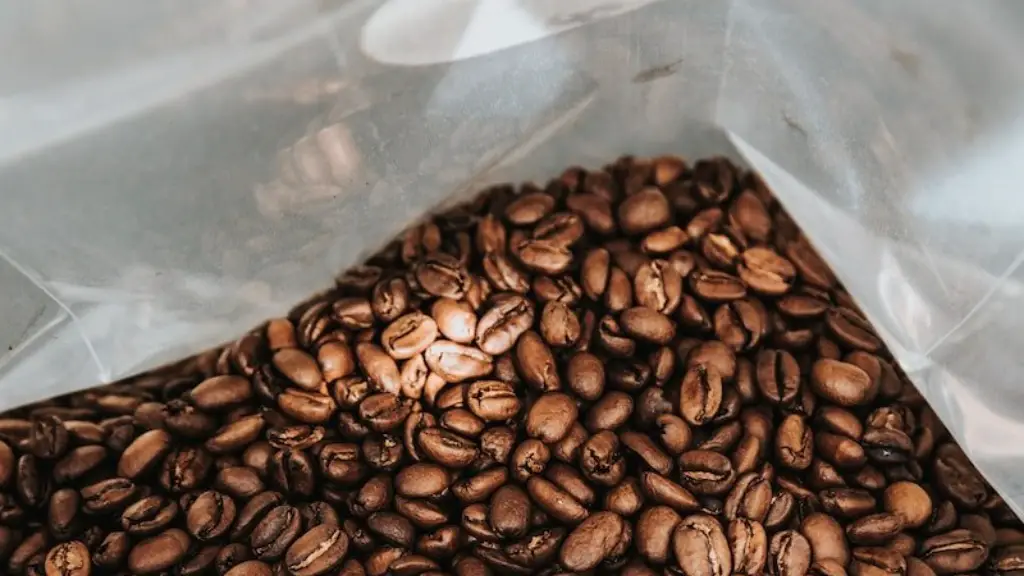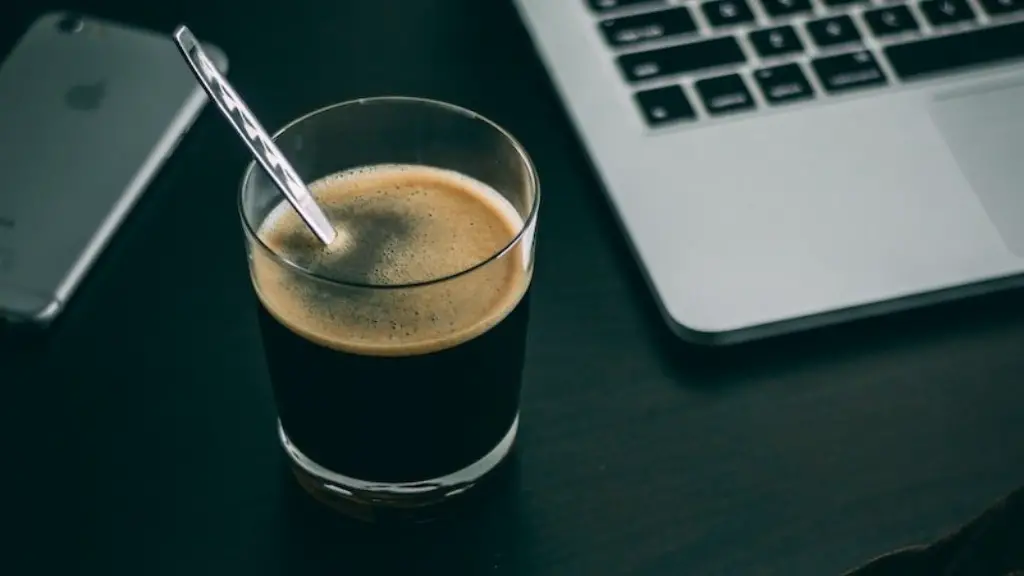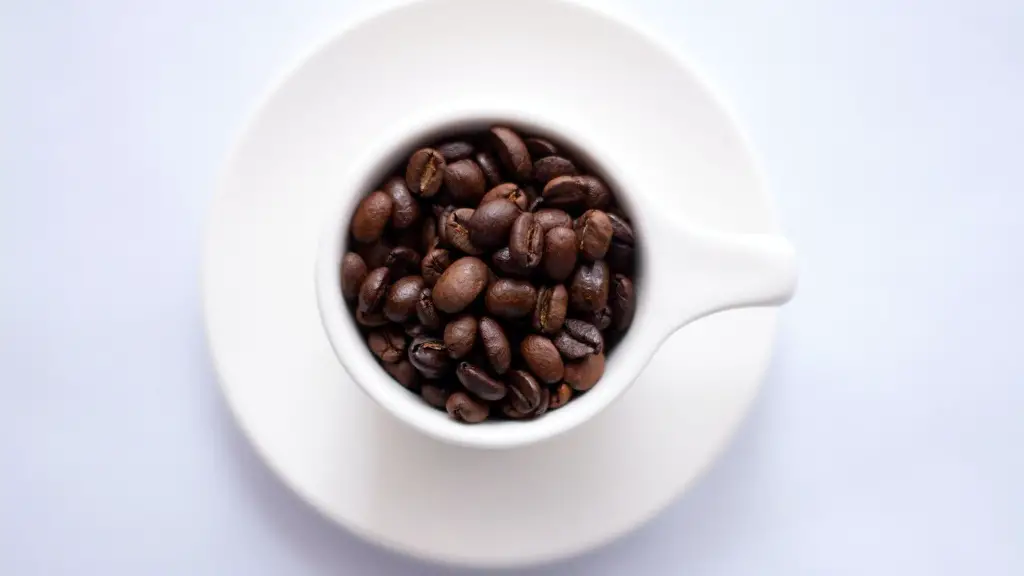Drinking coffee has long been a popular, beloved beverage around the world. Many people start their day with a cup and some people can’t get through the day without it. But could a substance we love to enjoy so much lead to increased levels of anxiety?
The short answer is yes, there is potential for increased anxiety levels when drinking coffee. Whether or not a person will feel the effects depends on several factors such as the amount consumed, the concentration of the caffeine in the coffee, the sensitivity of the individual’s body to caffeine, and the person’s constitution.
Caffeine is a stimulant and affects the body in various ways. Consuming it in large amounts and regularly can build up an intolerance and cause physical sensitivities. For those individuals that have a sensitivity to the caffeine, their bodies may have an over-reaction to the stimulus, leading to feelings of anxiety. In that regard, anxiety can be an expected and warning side-effect of too much caffeine
In addition to physical sensitivities to caffeine, anxiety can also be caused by the stimulant’s addictive properties. As with other substances, the more you drink coffee, the more the body develops a ‘tolerance’ and in turn, the person will require ever increasing dosages to obtain the same level of stimulation. When the stimulating effects of caffeine wears off, the person may experience withdrawal symptoms such as headaches, poor concentration, irritability and depression, all of which can result in feelings of anxiety.
Coffee and caffeine also interact with mood altering medications such as SSRIs. Caffeine can reduce the effectiveness of some SSRI’s and interfere with the body’s ability to regulate serotonin. This can, in turn, amplify pre-existing anxiety and induce panic attacks, leading to more intense feelings of anxiety.
Sleep Deprivation
Another factor to consider is sleep deprivation. Studies have shown a correlation between too much coffee and not enough sleep. One of the major side effects of drinking too much coffee is disrupted and/or poor quality sleep. This, in turn, leads to fatigue, grogginess, and exhaustion: all hallmarks of heightened levels of anxiety.
To Drink or Not to Drink?
Ultimately, it comes down to managing one’s caffeine consumption. Pay attention to individual levels of sensitivity and don’t overindulge. For individuals that are especially sensitive to the effects of caffeine, it’s probably a good idea to opt for decaffeinated coffee, tea or other beverages.
Benefits of Coffee
Research has also shown that coffee can have its benefits as well. For instance, regular coffee consumption has been linked to improved focus, alertness, concentration, cognition, and creativity. Caffeine has also been linked to feelings of happiness and helps reduce feelings of stress. Additionally, studies have shown that coffee can reduce the risk of developing diseases such as Parkinson’s and Alzheimer’s. In moderation, coffee also appears to help reduce fatigue, depression, and anxiety.
Lifestyle Choices
Many experts believe that lifestyle choices are key in reducing the risk of developing anxiety. Several studies suggest that a healthy diet and exercise regimen, along with staying away from caffeine, can have a significant and positive impact on improving mental health, combating anxiety and stress.
Therapy and Counseling
In addition to healthy lifestyle choices, seeking professional help and guidance can be a very beneficial and effective way of dealing with anxiety and its effects. Therapy, counseling and medication can be an invaluable tool for those fighting anxiety. Seeking out a qualified mental health professional can provide an individual with the guidance and support needed to combat anxiety and lead a healthier life.
Conclusion
No matter how small, if you’ve noticed a correlation between a rise in anxiety levels and your coffee consumption, take a step back and evaluate your habits. Pay attention to symptoms and, if necessary, visit a doctor or therapist to discuss the issue further. As with anything, moderation is key and being mindful of the effects caffeine can have on your body is important.


